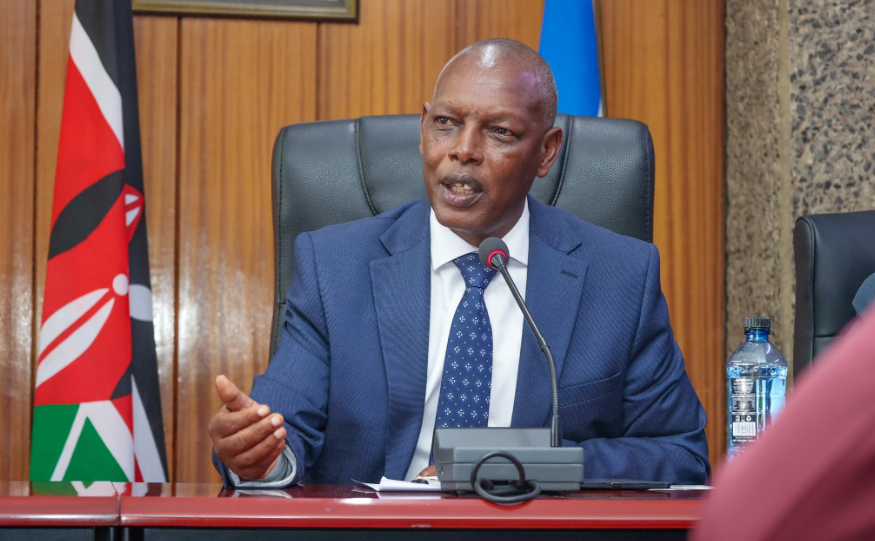Kenya stares at EU coffee exportation ban over deforestation rules
By Francis Muli, October 9, 2024Kenya is staring at a ban on its coffee exports to the European Union (EU) following the implementation of the European Union Deforestation Regulations (EUDR).
EUDR, passed in May 2023, mandates that certain commodities, including coffee, linked to deforestation must not be placed on or exported to the EU market after December 30, 2024.
According to Agriculture Cabinet Secretary Andrew Karanja, the EU accounts for 55 per cent of Kenya’s coffee exports.
“The European Union Parliament passed legislative measures on May 3, 2023, aimed at reducing EU-driven deforestation and forest degradation. The European Union Deforestation Regulation (EUDR) mandates that certain commodities, including coffee, linked to deforestation must not be placed on or exported to the EU market after December 30, 2024,” Karanja stated.
“The EU accounts for 55% of Kenya’s coffee exports, making compliance with these regulations essential to the success of Kenya’s coffee subsector.”
Assurance to coffee growers
Karanja has reassured all coffee growers, value chain actors, operators, and buyers that Kenya is on track to meet the EUDR compliance deadline.
He says that a cabinet memo is being prepared to keep the cabinet informed on Kenya’s progress towards EUDR compliance.
Also, the government has formed a multi-agency technical committee of experts to evaluate Kenya’s readiness and develop a comprehensive compliance framework.
Karanja also revealed that ground-truthing tests have been conducted to assess the current status of compliance.
The government has also requested EU technical support, which Karanja says has been approved by the European Commission to verify compliance.
“Although there have been unconfirmed reports suggesting a potential extension of the EUDR compliance deadline to December 2025, the Government remains steadfast in adhering to its current schedule. Early compliance is critical to securing Kenya’s position in the EU market and maintaining trust with our trading partners,” Karanja added.
The CS also warned that unauthorised entities are strictly prohibited from collecting, analyzing, or storing grower information under the guise of assisting with compliance.
“The Ministry clarifies that the Due Diligence Statement, as required by the EUDR, will be issued by the competent government agencies. Meanwhile, all grower data will be securely managed under the Kenya Integrated Agricultural Management Information System (KIAMIS) by the Ministry of Agriculture and Livestock Development,” he added.
More Articles

